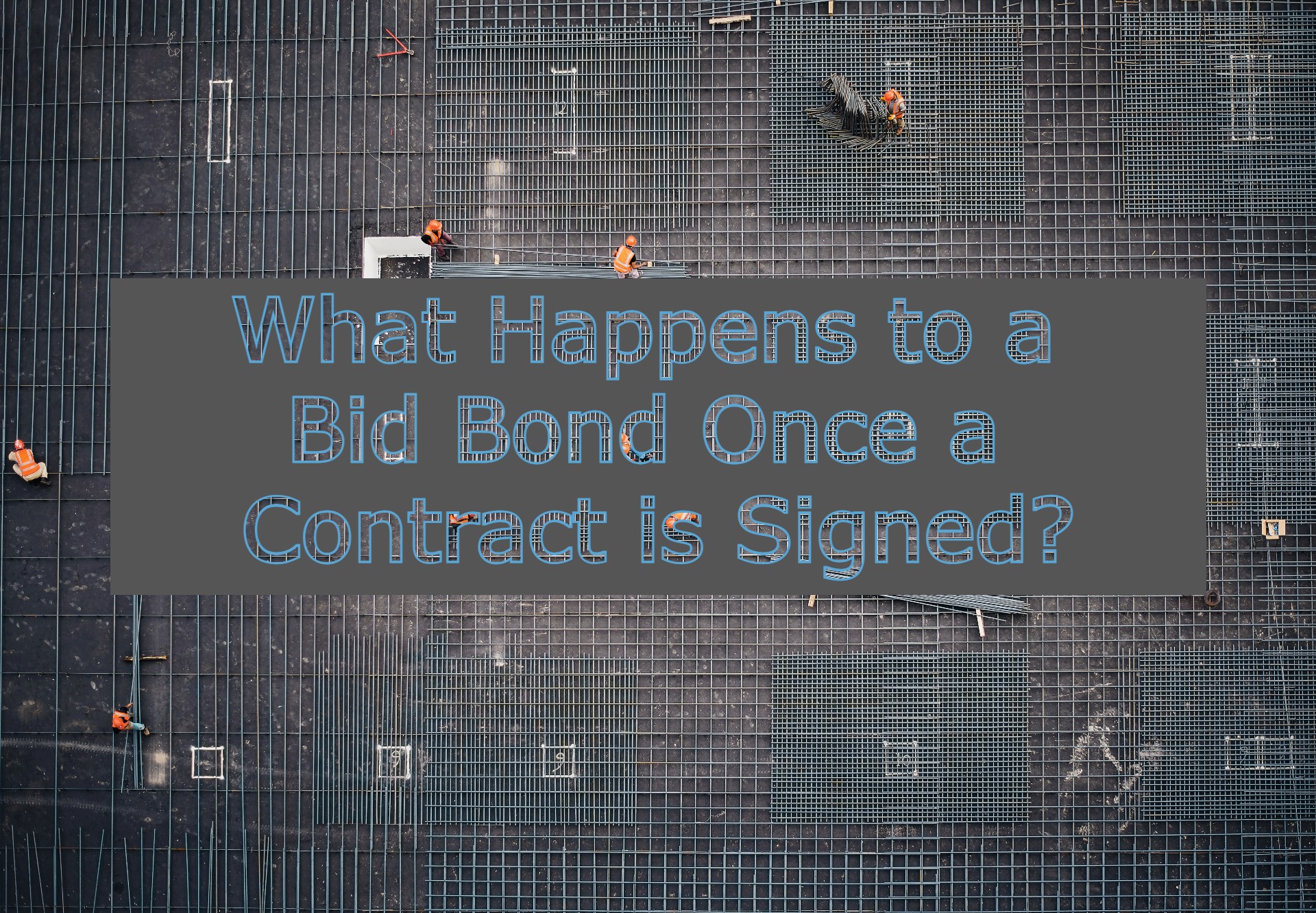How do you enforce a bid bond?
If you are a contractor, then the chances are that at one point or another in your career you will need to enforce a bid bond. Whether it is because of the contractor’s own failure to meet deadlines, or if they couldn’t complete the project due to unforeseen circumstances, enforcing a bid bond can be tricky business.
If you are unfamiliar with how this process works, it may be helpful for you to learn about what happens when someone needs their money back from an unearned contract and how best to go about getting reimbursed for any money lost. This way, if ever faced with this situation yourself down the line as either a bidder and/or contractor and have no idea where to start looking for help on enforcement of bid bonds!
Bid bonds are required for some contractors to bid on public works projects. The bond is an amount of money that the contractor agrees to pay if they do not win the contract. These come in various amounts depending on the specific project but can range from $500-$100,000 per project. This ensures that there is a financial incentive for contractors to follow through with their bids and actually provide services or goods if they are awarded a contract by the government agency overseeing it.
It’s important to note that this does not guarantee that you will be paid–if your company doesn’t finish what you’ve agreed to do, then you’ll have failed to uphold your end of the bargain and won’t be entitled to any more payments.
How does a bid bond payout?
A bid bond is a type of surety bond that guarantees the contractor will be paid for their work on a job. The amount of the bid bond depends on the potential dollar value of the contract but is usually around 10% of total project costs. If you are awarded a bid and your company does not complete its end-of-project obligations, then you risk forfeiting this money to your client.
Bid bonds are typically required when bidding on public projects and for other large contracts. The bonding company guarantees the full amount of the contract price should the contractor not complete it according to specifications or if he does not meet certain deadlines in the contract agreement.
If you’re a contractor who has been awarded a contract, but you have not yet submitted your final payment or if the project is canceled before it’s completed, then a bid bond will come into play. The bid bond ensures that the bidder will pay to finish up any work that needs to be done on the project in case there are any outstanding payments owed.
What does it mean to execute a bid bond?
A bid bond is a type of contract used to ensure that the person who submits the winning bid for a job completes the project. The bond ensures that either party has recourse if one of them fails to fulfill their obligation under the contract. Bid bonds are most common in construction projects, where they protect both parties from losing money due to non-performance by another party.
The amount of money put up as collateral is usually 10% or less than what is required for the project’s final price tag, depending on local laws and regulations. If you need help getting your bid bond process started, contact us at (insert your business name here).
In order to be executed, an agreement must include provisions for both parties to sign off on it after completion, or else there may be issues with understanding what has been agreed upon. This can lead to complications if one party does not uphold their end of the agreement, which could result in legal action being taken against them. It’s important for all involved parties – including those who have signed off – to understand exactly what they’re signing before agreeing.
What happens to a bid bond once a contract is signed?
What happens to a bid bond once a contract is signed? This question has been on the minds of many construction managers and contractors. There are several different types of bonds that can be used in the construction industry, each with its own set of rules and regulations. The most common type is the performance and payment bond which guarantees that if there are any problems with workmanship or materials, then they will stand behind their product until it has been fixed.
Other types include the payment bond which provides assurance to subcontractors, suppliers and labor should they not receive full payment for services rendered by the general contractor; an advance payment guarantee reduces the risk for both parties by giving construction lenders security should it become necessary to stop payments during periods of financial distress.
Once this happens, your business can then begin working on the job and you won’t have to worry about any legal action taken against them since it has been signed off by both parties. The bid bond is usually issued at the closing of bidding, but sometimes there may be some flexibility with this depending on how long it takes for the bids to come in.
Do you get money back from a bid bond?
A bid bond is a security deposit, usually 10% of the contract amount, that guarantees you will complete the project. In most cases, it’s not necessary to get your money back from a bid bond because if you don’t complete the project or follow through with what was agreed upon in your contract, you can be sued for damages and other possible penalties. But there are some exceptions when a company may ask for their money back at any time during the duration of work on a project if they feel like things aren’t going as planned.


